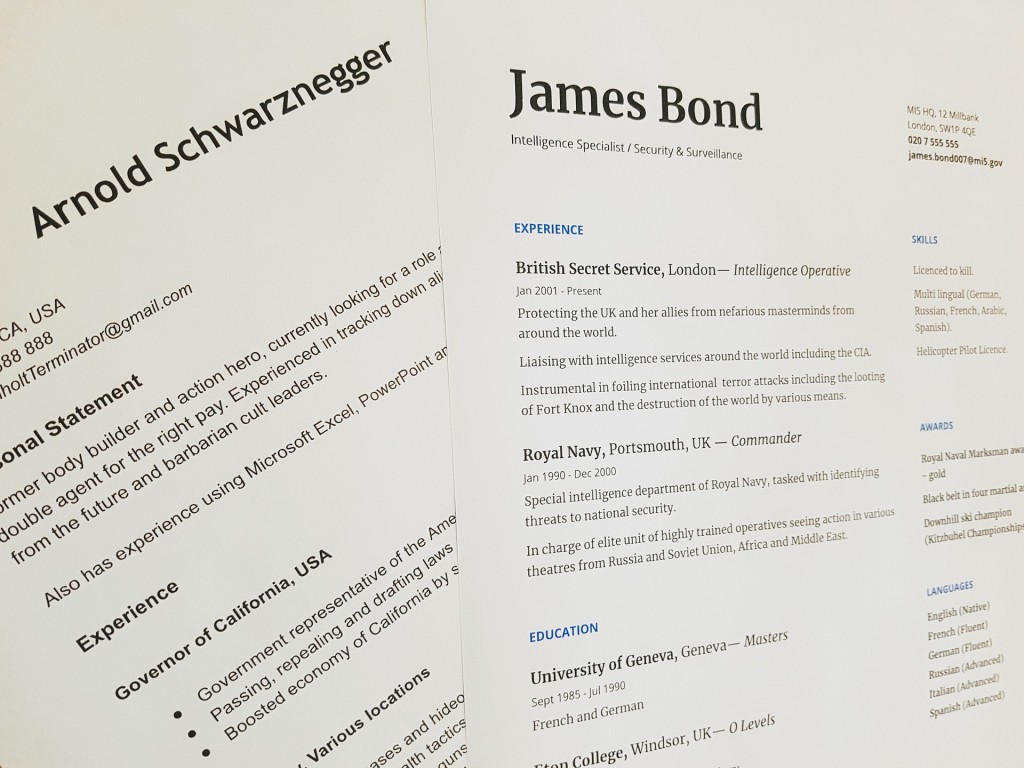It is officially spring! And with spring comes Spring Cleaning! While you may need to clean your house, car, etc. as a start to spring cleaning, we’ve put our own spin on the season and offer a few suggestions for ‘cleaning’ your vocabulary of words and phrases that can damage your career.
Spring Cleaning Your Career Vocabulary
It can be difficult to know what to say in a job interview, on a resume, or in the workplace so we have a few suggestions of words you should ‘clean’ from your vocabulary this spring.
On Your Resume
‘References Available Upon Request’
This phrase isn’t necessary to include in your resume anymore. An employer will reach out to your references if needed and will ask you for names and numbers. It is assumed that you will provide them when necessary.
‘I’
Adding ‘I’ or ‘me’ to your resume gives it a more casual feel and can come across as less professional. Remove the personal pronouns from your resume for a more polished look.
‘Objective’
An objective at the top of your resume is not as common or necessary anymore. While it isn’t forbidden it can take up space better suited for your accomplishments.
‘Hobbies’
Similar to the objective, a hobbies section on a resume isn’t required. Unless your hobby is something industry-related or very unusual it isn’t necessary to include on your resume. This space could be dedicated to other information.
‘Insert funny email address here’
A funny or inappropriate email address can be a dealbreaker for an employer. Make sure the email address included on your resume is professional.
In a Job Interview
‘Need’
Saying ‘I need this job’ or ‘I need money’ in a job interview can come across as desperate. It is best to avoid this word and instead focus on what you can offer the company you’re interviewing with.
‘Vacation’
Being the first person in the interview to bring up vacation time, workplace perks, or benefits can be seen as negative. Too much focus on these types of work perks can make it seem like you are not there to do the work but to have fun and take advantage of the benefits the job has to offer.
‘Pay’
Similar to vacation, you should not be the first one to bring up salary in the interview. Let your interviewer open that discussion so it doesn’t seem like that is your top priority.
‘Hate’
Using words like hate to describe past jobs, bosses, or situations can be seen as too aggressive or negative for a job interview. Try turning any negative experiences you’ve had into positive learning experiences that you can talk about in an interview.
‘Weakness’
When discussing weaknesses it is best to turn your ‘biggest weakness’ into a strength. Other than when asked a strengths and weaknesses question it is best not to dwell on your weaknesses. Instead, discuss positive aspects of your career and accomplishments.
In the Workplace
Instead of saying ‘I can’t’ when approached with a new task, try saying ‘I’ll try’. Even if you’re unsure of your time or abilities it is better to try and fail then not even try at all.
‘I won’t’
If you are able to help someone or work to complete a task it is best to try. Saying right away that you won’t do something can make you seem like less of a team player or less likely to help, which can create a hostile work environment.
‘Not my problem’
Similar to ‘I won’t’ it is always best to help if possible. Saying that things are not your concern does not work towards creating a team culture, instead it separates people and makes them less likely to ask for help.
‘He/She did it’
Placing blame when confronted with a problem will not help to solve the problem. Instead it creates conflict within the team and creates fighting and rivalries. Instead of placing blame try to understand your part in the problem and determine how everyone can work towards a solution.
‘I don’t know’
I don’t know can be an okay phrase if it is followed by a phrase like: ‘I can try and find out’ or ‘I’ll ask’. Saying ‘I don’t know’ and leaving it at that offers no learning experiences and cuts you off from others that may want your expertise. Being open to learning new things is a wonderful part of any career and can lead to many great opportunities and advancements.



